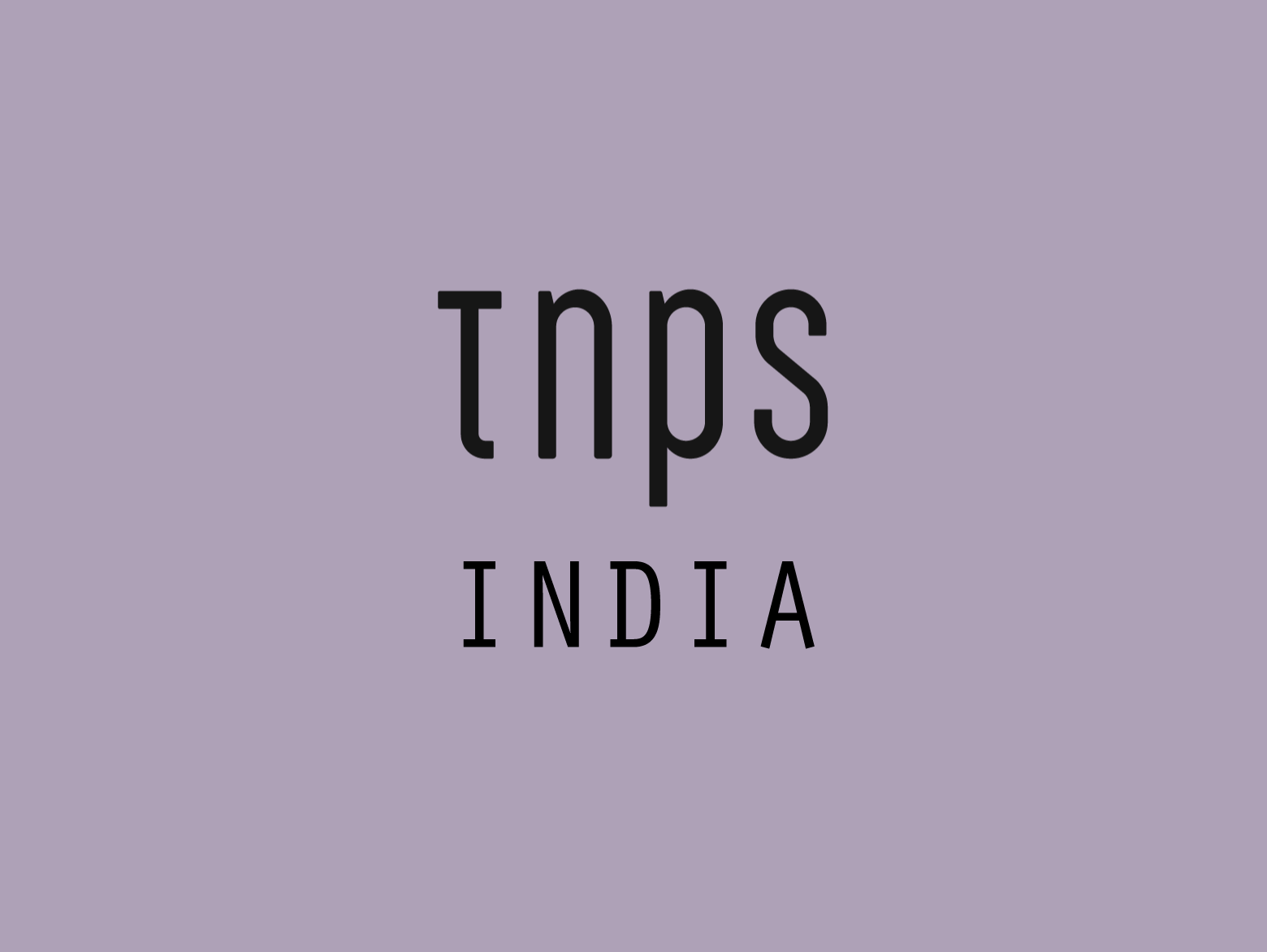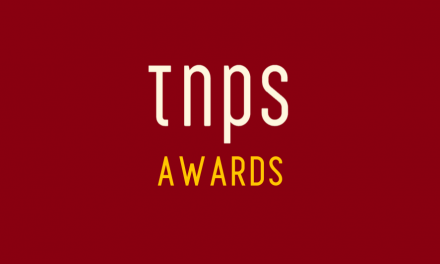With the pending closure of Book World’s 45 mid-west USA bookstores it may seem like another mortal blow to print books and bricks & mortar stores, but there are still reasons to be optimistic.
The Canadian bookstore chain Indigo, for example, plans to open five stores in the US over the next two years.
While the entire Book World chain is closing, many of the stores are profitable, says Book World’s VP Mark Dupont, quoted in Publishers Weekly, leaving the hope new bookstores will replace Book World at some sites.
Maybe Indigo will step in and fill some of those gaps.
Or Amazon.
It’s worth noting that Dupont attributes the collapse not to ebooks, but to diminishing footfall in the malls.
In either case Amazon is the winner, but it’s an important distinction.
While ebooks have certainly eaten into sales of adult fiction, print remains the mainstay of most publishers, and of course the lifeblood of bookstores.
As more and more consumers shop online so footfall in malls and shopping centres will continue to decline, making it harder and harder bookstores (and other retailers) to pay the bills.
But while buying books online – ebook or print – is easy – many readers still relish the discoverability that only a bookstore can offer.
Whether its five million or fifty million titles to sift through, readers need to be able to find books they want to read, and to discover books they didn’t know they wanted to read.
Discoverability remains one of the key weapons bricks & mortar bookstores can offer over online bookstores.
Shopping for books on Amazon, for example, is at once both an empowering and a frustrating experience.
Empowering because no bookstore can offer so many titles, instantly available. No question, if we know what we are looking for, that online buying wins.
Frustrating because even on a sensibly-sized laptop screen we at best are likely to see a scroll-down list of twenty thumbnail images. Shopping on a smartphone further reduces the discoverability experience.
To look at one title in detail means going to another screen and the Look Inside feature will show us a handful of front pages. Comparing another book means leaving that screen and opening another, and another, and hen backtracking to the earlier one we preferred.
In a bookstore we can pile up a dozen books. We can stand in front of a display and see face out full-size front covers of fifty or a hundred books and take a step left or right and see as many again, each one instantly retrievable and openable at any page.
Turn around and the same again in another genre.
For children’s books the experience is all the more enchanting in a well-organised bookstore, and all the less so shopping online.
No wonder bookstores are doing well with their children’s sections.
Publishers Weekly reports on the Southern California Independent Booksellers Association 2017 trade show where “members celebrated both increasing diversity and rising sales in the children’s section.”
Said one bookseller,
We’re seeing renewed interest in kids’ books. There’s such beautiful product out there that’s inclusive, that especially represents Southern California in our diversity of cultures and people.
Another opined,
It feels different…There are people who are specifically looking for books over toys this year; they are looking to books for inspiration.
As we head into the Christmas season (I’m British – substitute Holidays if you’re across the pond) it may well be children’s books that keep the bricks & mortar book retail sector buoyant in 2018.
Beyond that, while there are certainly reasons to be optimistic, the prospect of a Barnes & Noble collapse will continue to cast its shadow over the industry.
While the Book World closure of 45 stores isn’t a mortal blow to bricks & mortar retail, an outright failure of Barnes & Noble would be a very different story, taking us dangerously close to the tipping point at which printing books and distributing them to bookstores becomes economically unviable.






In choosing the right book, they must also take into consideration the content of it and also the lessons the kids will learn in reading those and the kids age. It is an advantage to a child that he/she is already fond of reading books while still young. Mostly they are smart kids and they can develop it as they grow.
https://academyforhealthsuperheroes.com/choose-right-childrens-book/
These children’s book that we offer to help the children on how to value the family and friendship. How they will learn from the mistake that they will commit.